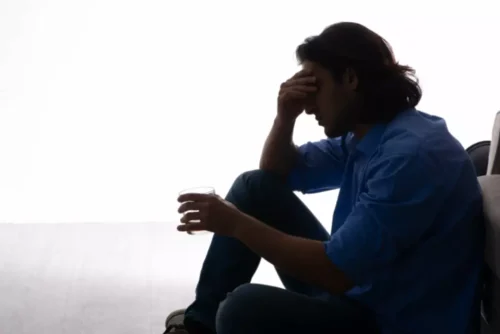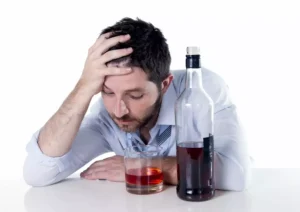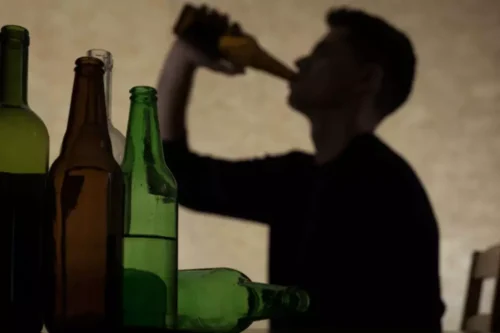Unfortunately, while alcohol may make it seem like you are falling asleep quicker, it can also lead to worse sleep quality. You may also begin to notice a number of improvements in your physical health. You’ll have more energy and stamina, and you may notice that your skin looks healthier.
- If you begin experiencing severe symptoms of AWS, it’s important to seek immediate medical attention.
- It’s characterized by a frenzy of activity in the nervous system, and physical symptoms like high blood pressure, a fast pulse, fever, and sweating.
- Because of their similar effects, benzodiazepines and alcohol are cross-tolerant—in other words, a person who is tolerant to alcohol also is tolerant to benzodiazepines.
- Feeling at your best physically can boost resilience and emotional strength, equipping you to weather challenges that trigger the desire to drink.
What Happens When You Stop Drinking Alcohol?
Talk with a healthcare professional if you’re concerned you may experience detox symptoms when quitting drinking or cutting back. Even after the most serious withdrawal symptoms have lessened, some people may experience post-acute withdrawal syndrome (PAWS) – the prolonged symptoms of detox. Generally, these symptoms include anxiety, low energy, trouble sleeping and delayed reflexes, and can last from several months to a year.
- If you have certain vision problems, are at high risk of vision problems, or are taking medications that can also cause serious vision side effects, your doctor may recommend an alternative treatment for you.
- If the medication begins to cause unwanted side effects or interferes with the detox process, another remedy can be used.
- These first few weeks are critical because they are when the risk of relapse is highest.
- Vitamins such as thiamine and folic acid will need to be supplemented.
Alcohol Withdrawal Syndrome: Symptoms, Causes, Treatment, and More
- One of the surprising side effects of giving up alcohol is that your skin may start to look better.
- When you talk to your doctor about symptom relief, it’s a good idea to discuss treatment for alcohol abuse or dependence.
- When alcohol detox is treated in an inpatient rehab facility, different medications may be used to help reduce uncomfortable withdrawal symptoms.
- In some people, the initial reaction may feel like an increase in energy.
Benzodiazepines are the most common medication for managing alcohol withdrawals. However, individuals who have been drinking heavily for long periods of time may still experience some symptoms of withdrawal and may even have hallucinations or delirium tremens (DTs) and seizures. Outpatient alcohol detox may be a good fit for people at low risk for severe withdrawal.
International Patients
Alcohol should not be used, however, to treat withdrawal for several reasons. First, using alcohol as a treatment would promote its acceptability to the alcoholic. Second, alcohol has known toxic effects (e.g., https://ecosoberhouse.com/ impairing the function of the liver, pancreas, and bone marrow) that are not shared by the safer benzodiazepines. Third, in one clinical study, alcohol was inferior to the benzodiazepine chlordiazepoxide.
Reach out for support
So, giving up alcohol can help you to avoid these potentially deadly diseases. Once the initial symptoms of withdrawal have subsided, you may find that you have more energy than you did before you stopped drinking. This is because alcohol is a depressant, so when it’s no longer in your system, your body alcohol detox side effects has more energy to work with. One of the best things about giving up alcohol is that you may find yourself feeling happier overall. This is because alcohol can cause depression, anxiety, and other mental health problems. After half a year without drinking, you will really start to reap the rewards.





Hinterlasse einen Kommentar